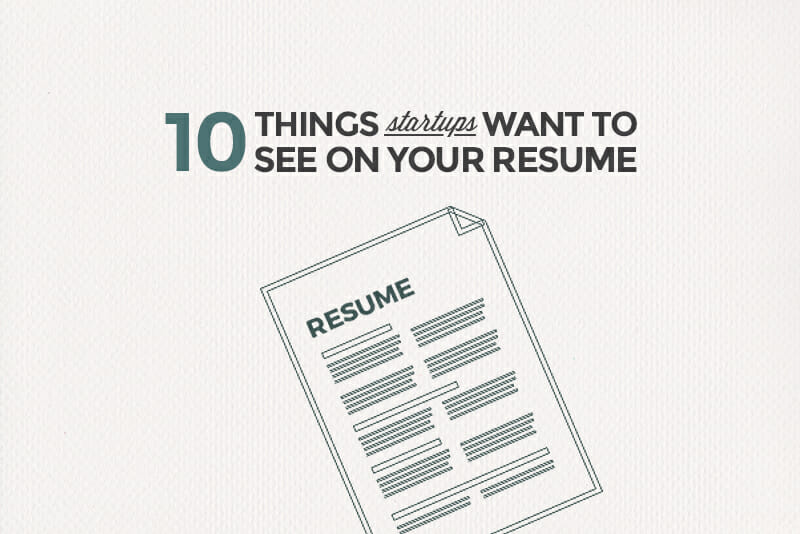Home » Tech Jobs Database » Information Architect
Information Architect
Also goes by: User Experience Architect, Data Architect, Content Strategist
What Is a Information Architect?
Information architects organize and structure information for websites and apps to support usability.
How much will I make?
Salaries can range by location and years of experience, but these are averages for the US.
$82,500.00
according to Salary.com
Will I get a job?
Projected job growth is 23% for the period 2021-2031 in the US, according to the U.S. Bureau of Labor Statistics.
21,800
Total Openings
according to bls.gov
Who will I work for?
- Large corporations with complex websites
- Digital agencies
- E-commerce companies
Information Architect
It’s absolutely possible to become a Information Architect even if you have no prior experience in tech and no degree. In fact, a career as a Information Architect is one of the best entry level jobs in tech. Read on to learn how to do it!
Learn The Required Skills
First things first, in order to become a Information Architect you have to learn the required tech skills!
Wireframing
Wireframing is the process of creating basic visual representations or blueprints of websites or applications to outline the layout and structure, aiding in planning and communication during the design and development stages.
Read MoreUser Research
User research involves gathering data and insights about user behavior, preferences, and needs.
Read MoreTaxonomy Development
Taxonomy development is the creation of classification systems for organizing information and data.
Content Organization
Content organization is structuring and arranging content in a logical and user-friendly manner.
Build A Portfolio
The best way to demonstrate that you have the necessary skills—especially when you have no prior experience—is with a portfolio of professional quality coding samples.
Check out these blog posts for more:
Apply For Tech Jobs
Once you’ve learned all the required technical skills and built a killer portfolio, it’s time to dust off that old resume and LinkedIn profile and hit the pavement, or Internet superhighway as it were, in search of your first job as a Front End Developer!
➡️ Prepare Your Resume, LinkedIn, and Portfolio
Although your most valuable asset as you job search is your portfolio, you do have to cross your t’s and dot your i’s and when it comes to the job search that means optimizing your resume and LinkedIn profile. Tech employers expect you to have all three!
Check out these blog posts for more:
➡️ Build Your Network
Your net worth is in your network, which can be hard when you’re changing careers! But don’t worry, the tech industry is incredibly welcoming to newcomers. Whether you prefer in-person meetups, Slack channels, coffee-over-zoom chats, conferences, hack-a-thons or a little bit of everything, there are tons of opportunities for you to meet fellow techies.
Check out these blog posts for more:
➡️ Find Good Jobs To Apply For
A good job can be hard to find—or is it? The good news about tech is that there are so many openings at so many diverse companies that your biggest challenge will most likely be keeping up with all the opportunities!
Check out these blog posts for more:
➡️ Practice Interviewing
Whether you’re a season pro, or brand new to the tech industry: interviewing for a new job is tough! Add to that technical interviews…and you’ve got a recipe for heartburn, practically guaranteed. Luckily there’s an antacid on the market that works every time: practice. Read on for expert guidance on how to prepare for your next tech job interview.
Check out these blog posts for more:
➡️ Prepare for Technical Tests
Ah the dreaded technical test! Technical tests can come in many different forms: whiteboard tests, pair programming tests, take-home tests, algorithmic tests…just to name a few. Luckily, getting good at technical tests is a skill, just like anything else, and it’s one you can absolutely practice ahead of time.
Check out these blog posts for more:
You Might Also Be Interested In Learning About:
Design Researcher Design
Design researchers uncover insights to guide design processes and solutions.
Learn MoreUser Experience (UX) Design
User experience designers focus on optimizing user interaction with products and ensuring a pleasant user journey.
Learn More
Want more options?
Explore More than 57 tech job Profiles available On the Skillcrush Database
explore the databaseFAQ
-
What does a Information Architect do?
Information architects organize and structure information for websites and apps to support usability. You will find Information Architect working at a number of different types of companies including Large corporations with complex websites, Digital agencies, E-commerce companies.
-
How much do Information Architects make?
Although salaries can range by location and years of experience, the average salary for Information Architect in the US is $82,500.00 according to Salary.com.
-
Is a Information Architect the same as a User Experience Architect?
Yes, Information Architects are sometimes also referred to as User Experience Architect. Other common names for Information Architect include: Data Architect.
-
Are Information Architect in demand?
Yes, Information Architect is in high demand: there are currently 21,800 jobs open. And the number of jobs is expected to grow substantially over the next 10 years. Projected job growth is 23% for the period 2021-2031 in the US, according to the U.S. Bureau of Labor Statistics.
-
Is a Information Architect a good job?
Yes, with an average salary of $82,500.00 according to Salary.com, and 21,800 current job openings, Information Architect is considered a great job.
-
What skills does a Information Architect need?
In order to work as a Information Architect you will need to know a number of different technical skills including .NET, .NET, .NET, .NET.
-
Is it too late to become a Information Architect at 35?
Absolutely not! You can become a Information Architect at any age. And since so many jobs in tech, like Information Architect, are relatively new, if no one over 35 could become one, there would be even MORE job openings than the 21,800 open Information Architect roles that there are!


















